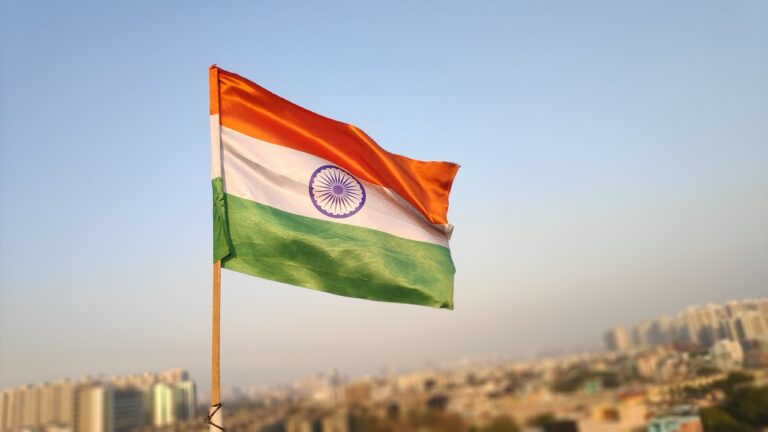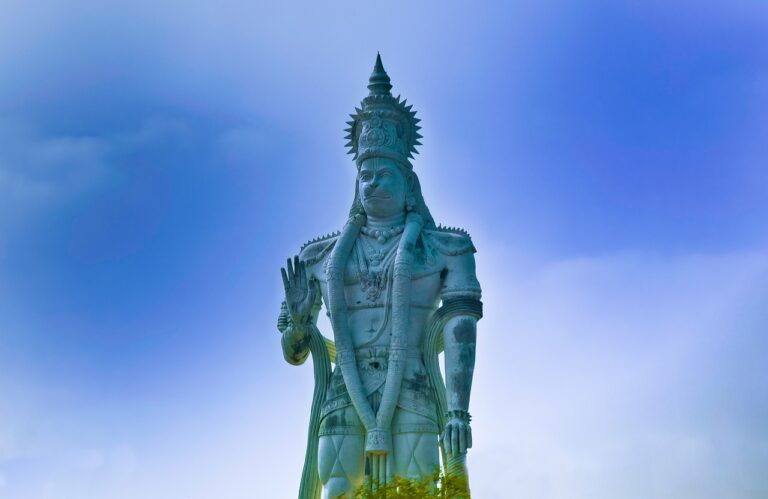The Role of Emotional Contagion in Political Mobilization
cricket bet 99, sky11, reddy anna online book id:The role of emotional contagion in political mobilization is a fascinating aspect of human behavior that has a significant impact on the success of political movements. Emotional contagion refers to the phenomenon where individuals within a group can “catch” or transfer emotions from one another, leading to a shared emotional experience. This process is especially relevant in the realm of politics, where emotions play a crucial role in shaping beliefs, attitudes, and behaviors.
Emotions are powerful motivators that can drive individuals to take action, including becoming politically active and participating in social movements. When individuals experience strong emotions, such as anger, fear, or excitement, they are more likely to be motivated to engage in political activities, such as attending rallies, contacting elected officials, or mobilizing others to support a cause.
One key aspect of emotional contagion in political mobilization is the role of social media and online communication channels. Social media platforms allow for the rapid spread of emotions and ideas, making it easier for individuals to connect with like-minded individuals and mobilize around common causes. Through social media, individuals can share emotional content, such as videos, images, and stories, that evoke powerful emotions and inspire others to take action.
Furthermore, emotional contagion can also be seen in offline settings, such as in-person rallies, protests, and community events. When individuals gather together in a physical space, they can experience and share emotions in real-time, creating a sense of unity and solidarity that can fuel political mobilization efforts.
Moreover, political leaders and organizers often leverage emotional contagion to rally support for their causes. By tapping into the emotions of their followers, whether through inspiring speeches, compelling storytelling, or symbolic gestures, political leaders can create a sense of shared purpose and belonging that motivates individuals to join their movement.
In conclusion, emotional contagion plays a crucial role in political mobilization by fostering a sense of connection, unity, and motivation among individuals. Whether online or offline, emotions are a powerful force that can drive individuals to take action and support political movements. By understanding and harnessing the power of emotional contagion, political organizers and activists can effectively mobilize individuals to create lasting change.
FAQs
Q: What are some examples of emotional contagion in political mobilization?
A: One example of emotional contagion in political mobilization is the #BlackLivesMatter movement, which has used social media to spread awareness about racial injustice and mobilize individuals to take action. Another example is the Women’s March, which brought together millions of people around the world to advocate for gender equality and women’s rights.
Q: How can individuals protect themselves from negative emotional contagion in political settings?
A: It’s important for individuals to be aware of their emotional responses and to practice self-care when engaging in political activities. This can include setting boundaries with social media, taking breaks from the news, and seeking support from friends and loved ones.
Q: What role does empathy play in emotional contagion in political mobilization?
A: Empathy is a key factor in emotional contagion, as individuals are more likely to “catch” emotions from others when they can empathize with their experiences. By fostering empathy and understanding among supporters, political movements can build stronger connections and mobilize individuals more effectively.







